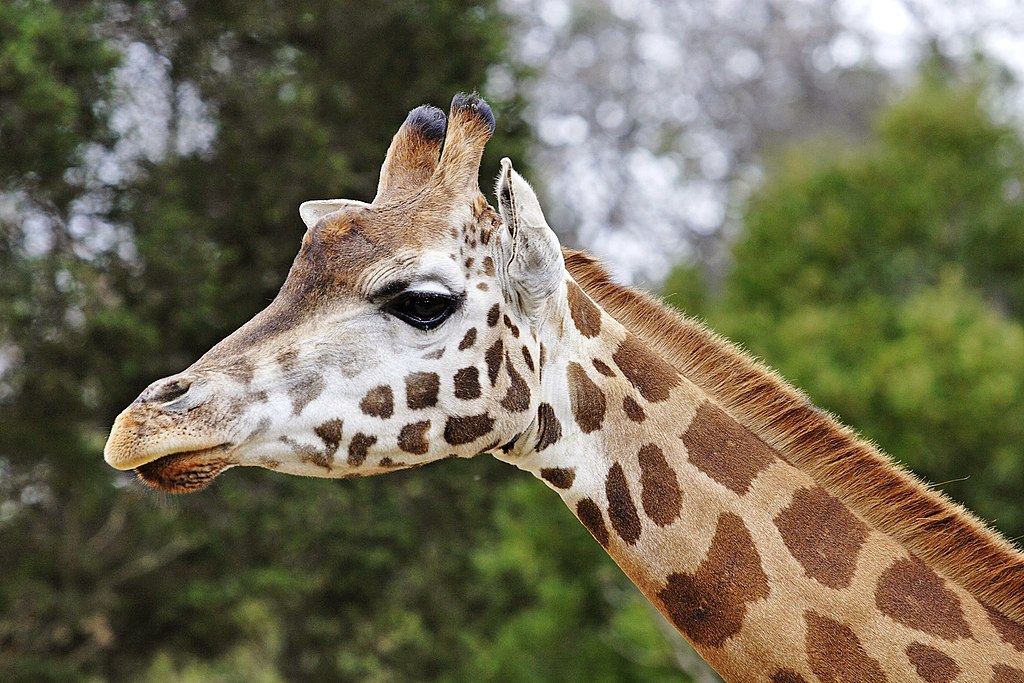
Fir0002, Giraffe in Melbourne Zoo, GFDL 1.2, via Wikimedia Commons.
Péter Esterházy once wrote that Péter Zilahy is the white raven of Hungarian literature who can observe the world each time as if for the first time, always fresh and original. While it’s labeled a novel, The Last Window-Giraffe is essentially uncategorizable, a hippogriff of a creation fashioned from fragments of history, autobiography, and wild invention. How such a wealth of elements—from childhood memories to political atrocities to the poignant evocation of the correspondence between sexual awakening and the deaths of dictators—could be gathered and spun into such a coherent narrative is a kind of aesthetic miracle.
Zilahy uses the Hungarian alphabet to present a wonderful mix of historical facts, poetry, and visual images, an approach inspired by the time he spent in Belgrade in 1996, when citizens took to the streets to protest Slobodan Milošević’s electoral fraud. The Last Window-Giraffe evokes many memories of my own past in the former Yugoslavia. There’s a wizardry in Zilahy’s ability to shrink an entire historical epoch to human scale while at the same time elevating ordinary experience to mythic significance. This is intellectual alchemy of the highest order, executed with wit and compassion. Zilahy can murder a sacred cow and canonize an unknown victim of totalitarianism in a single sentence.
H is for:
három puszi = three kisses
háború = war
harag = anger
halál = death
hatalom = power
híradó = news bulletin
hazudnak = they’re lyingU is for:
ur = space
ur = blank
ur = nothingness
You cannot speak your mind under a dictatorship. So serious matters—matters of life and death, imprisonment and freedom—are addressed in jokes. And the biggest joke of all is that the dictators never understand this code of humor. But Zilahy does, so freely does he laugh and laugh at himself.
It is laughter at work, finding joy in the act of protesting, recognizing it as both political and performative, that makes this book read as timeless. There is much to learn here—yes, in terms of past, present, and future, but, more important, in terms of something far more essential that translates into any and all languages because it is at the heart of being human and something we all experience: living with the loss of innocence.
Marina Abramović is a Serbian artist. Known as the grandmother of performance art, she pioneered a new notion of identity by bringing the participation of observers into her work. In 2007, she founded the Marina Abramović Institute, a nonprofit foundation for performance art.
from The Paris Review https://ift.tt/s03J9Vm
Comments
Post a Comment